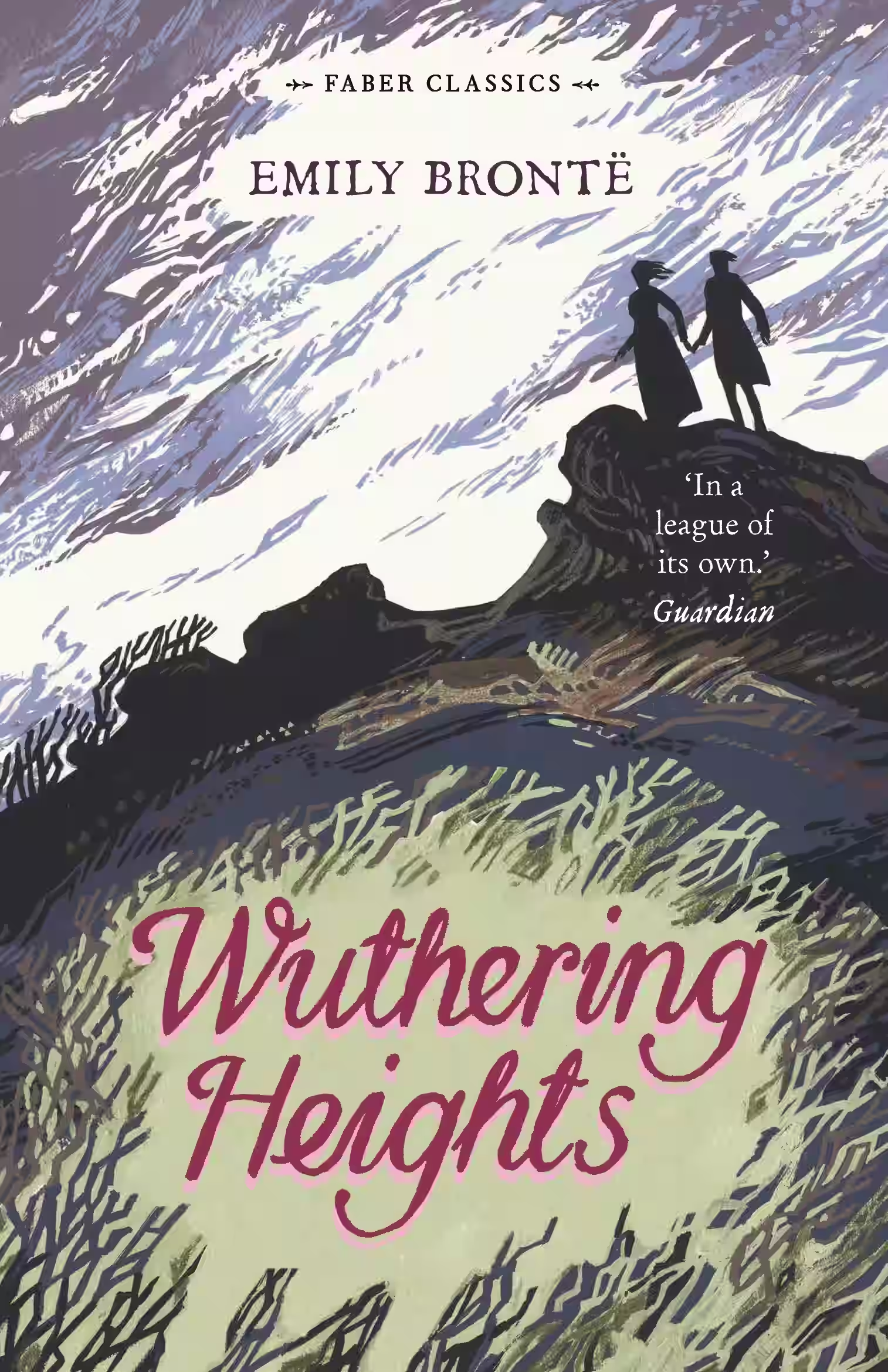
Emily Brontë’s Wuthering Heights is a dark, gothic tale of passion and revenge set on the Yorkshire moors. It tells the turbulent story of Heathcliff and Catherine Earnshaw, whose intense but doomed love leads to generational conflict and psychological torment. Narrated through nested perspectives, the novel explores themes of obsession, class, nature, and the supernatural. Despite its initial criticism, it has since become a literary classic known for its emotional intensity, atmospheric setting, and unorthodox structure.
About Emily Bronte
An English novelist and poet, best known for her singular and enduring novel, Wuthering Heights. Her work is a powerful exploration of passionate love, obsessive revenge, and the untamed forces of nature and human emotion. Brontë's intense characterizations, dramatic plot, and atmospheric setting on the bleak Yorkshire moors created a unique and haunting masterpiece of English literature, distinguishing her from her contemporaries with its raw emotional power.
Similar Books
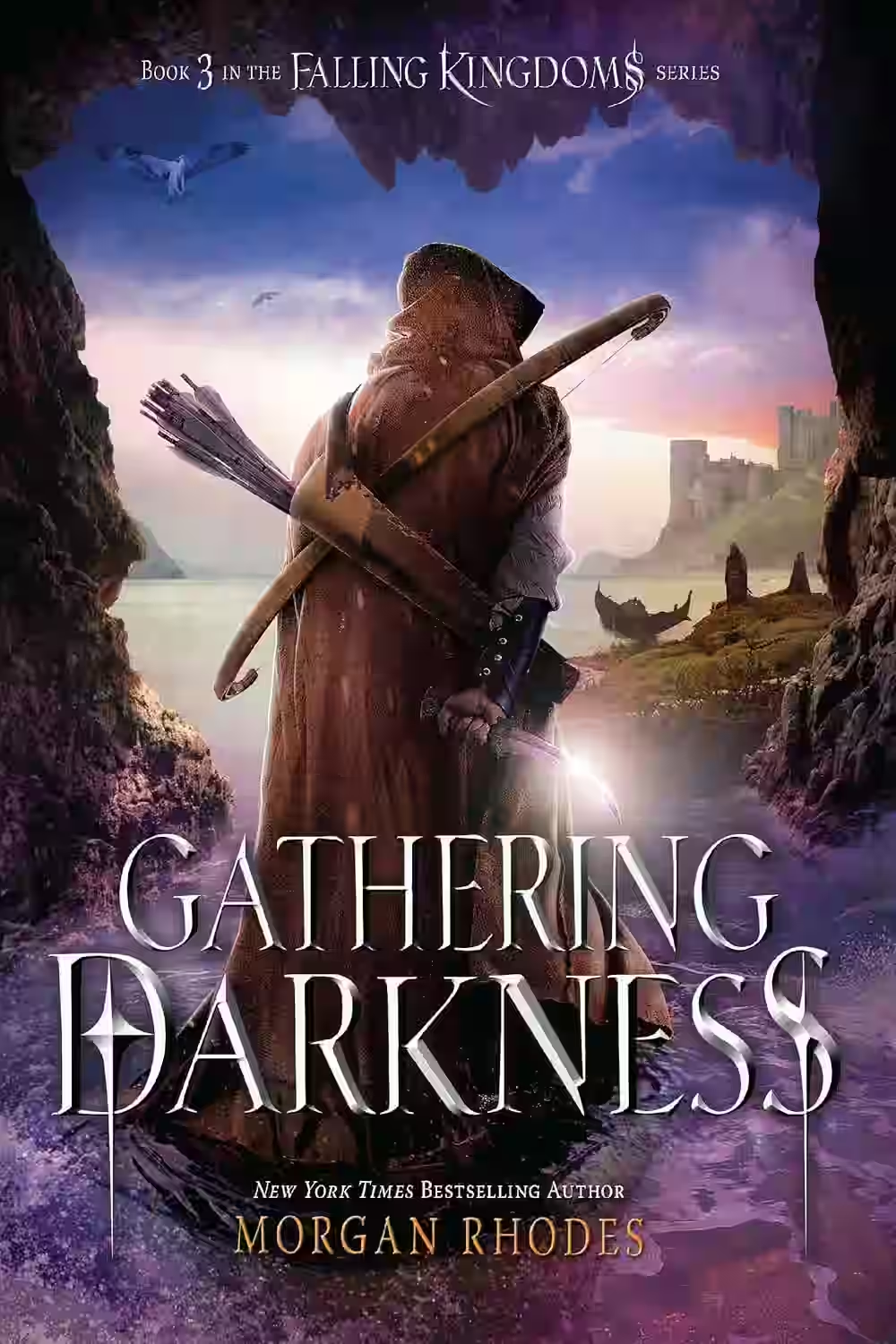
Gathering Darkness
Series: Falling Kingdoms (#3)
In 'Gathering Darkness,' the third installment of Morgan Rhodes' gripping 'Falling Kingdoms' series, the stakes are higher than ever as power struggles intensify across the kingdoms of Mytica. This fantasy epic weaves elements of magic, betrayal, and shifting allegiances, as new alliances form and old rivalries reignite. The story follows multiple protagonists, including Cleo, Jonas, and Magnus, as they navigate a perilous journey where friends can become foes in an instant. The narrative is rich with intrigue and action, capturing the reader with its well-developed characters and unpredictable twists. Rhodes skillfully blends these themes to craft a captivating tale of ambition and survival that hooks readers from beginning to end.
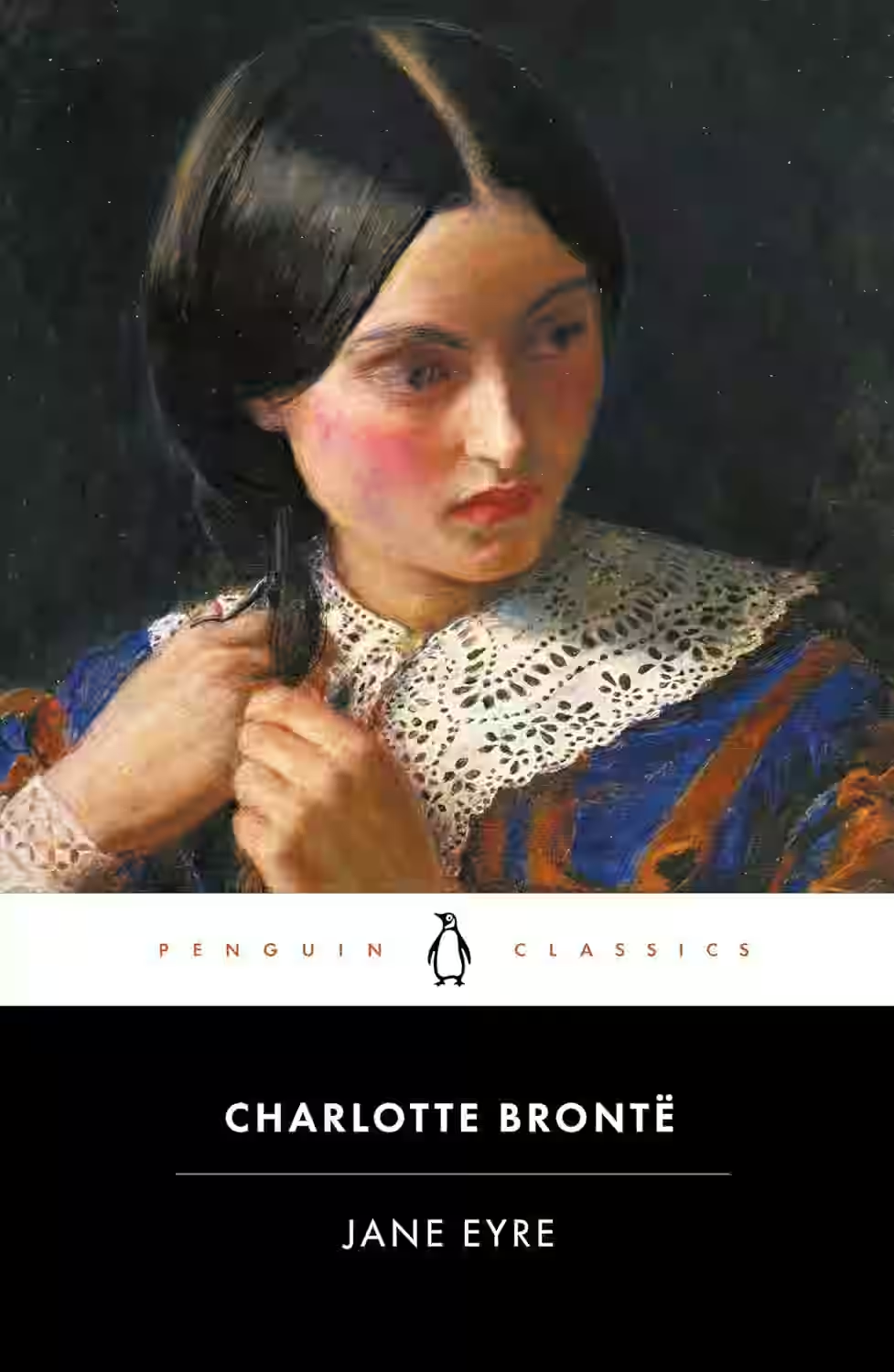
Jane Eyre
Charlotte Brontë’s Jane Eyre follows an orphaned girl who overcomes hardship and repression to find independence and love. As a governess at Thornfield Hall, Jane falls for the brooding Mr. Rochester, only to discover he harbors a dark secret. The novel explores themes of morality, autonomy, gender roles, and spiritual integrity. Noted for its strong, principled heroine and gothic atmosphere, Jane Eyre blends romance with social critique, cementing its place as a foundational feminist and literary classic.
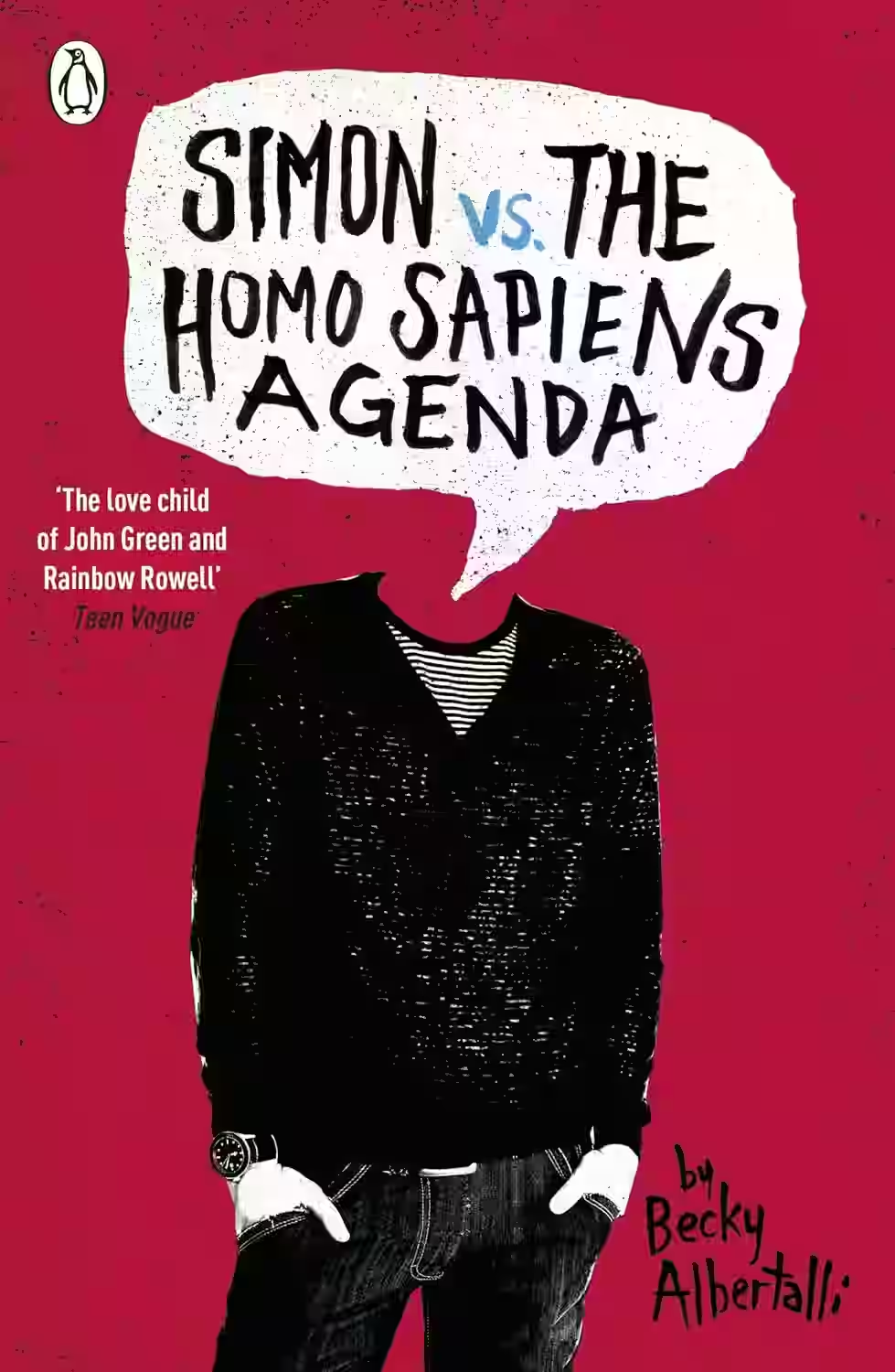
Simon vs. the Homo Sapiens Agenda
Series: Simonverse (#1)
Becky Albertalli's "Simon vs. the Homo Sapiens Agenda" is a heartwarming and poignant exploration of identity, love, and the struggle for acceptance. The novel follows sixteen-year-old Simon Spier, who navigates the complexities of high school life while grappling with a secret: he’s gay and not yet out. When an email he sends to his anonymous online crush, Blue, falls into the wrong hands, Simon finds himself being blackmailed by a classmate. The story gracefully tackles the themes of self-discovery, friendship, and the courage it takes to be true to oneself. Albertalli's engaging prose and authentic characters resonate deeply, making this a must-read for young adults and anyone who’s ever struggled with matters of the heart.
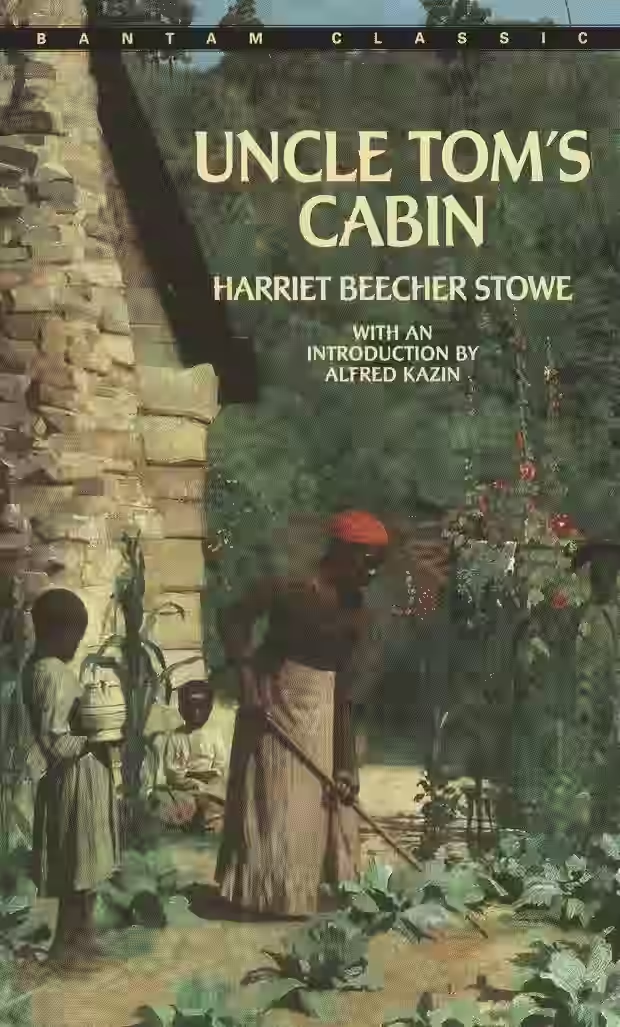
Uncle Tom’s Cabin
A landmark anti-slavery novel, Uncle Tom’s Cabin tells the story of enslaved man Tom and the brutal realities of slavery in 19th-century America. With vivid characters and emotional power, it galvanized abolitionist movements and shaped public opinion like no other book of its time. Though controversial for its portrayals today, it remains a pivotal work in American literature and history, sparking empathy and national debate.